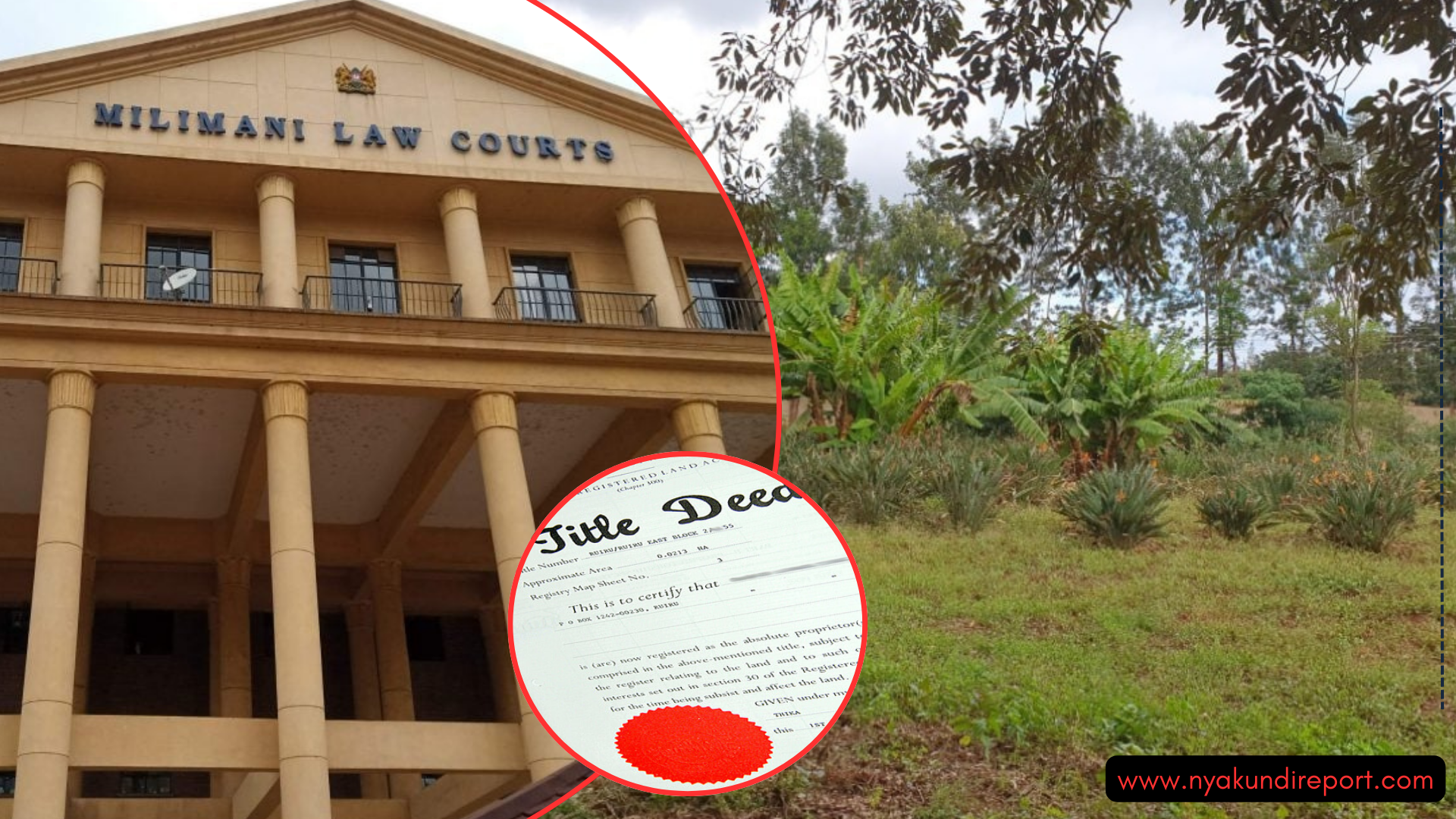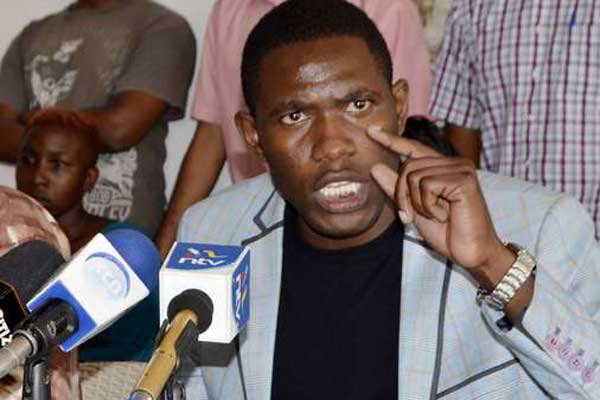Gambling in Kenya is about to change drastically. The Betting Control and Licensing Board (BCLB) has proposed new, tough rules that could shake the industry.
From mandatory ID selfies for every gambler to a Ksh50 million capital requirement for small betting shops, the regulator wants tighter control.
Director Peter Mbugi unveiled the proposals before Parliament, aiming to reduce underage betting, limit casual participation, and cut down the number of gambling firms. If passed into law, these rules will redefine how betting operates in Kenya.

BCLB Sets New Rules Under Proposed Strict Gambling Laws
The Betting Control and Licensing Board (BCLB) has launched a bold plan to clean up Kenya’s gambling sector. The board is pushing for what it calls “orderly conduct and accountability” through a new set of strict gambling laws.
Appearing before the National Assembly’s Departmental Committee on Finance and Planning, BCLB Director Peter Mbugi unveiled several measures meant to limit what he termed as “speculative and casual entries” into the gambling industry.
One of the most controversial proposals is a requirement for all gamblers to submit a selfie holding their National ID to register with any betting platform. The move is aimed at cracking down on underage betting and creating a verified database of all gamblers in the country.
According to Mbugi, the rise of online betting has made it harder to verify users, and this ID selfie requirement is meant to plug that gap. It’s a bold step, but one the board insists is necessary to protect minors and ensure only legitimate users can access betting services.
New Financial Requirements to Lock Out Casual Operators
In addition to verifying gamblers, BCLB is raising the stakes for betting firms. Small-scale operators will now be required to have a minimum capital of Ksh50 million, while major public gaming operators like casinos must show Ksh5 billion in capital to qualify for a license.
Mbugi stated that national lottery and online gambling operators will also need to deposit Ksh200 million to operate under the proposed bill. These financial thresholds are part of a broader plan to limit the number of firms and make the sector easier to regulate.
“We want serious players in the industry,” Mbugi told the committee. “This is not a space for speculators. These new rules will ensure that only committed and well-funded operators survive.”
The board argues that these strict financial requirements will clean up the sector and make it less attractive for fly-by-night operators who contribute little to the economy while causing social harm.
Advertising, Licensing, and Oversight to Be Tightly Monitored
The proposed strict gambling laws also tackle advertising, a key concern for both lawmakers and the public. Mbugi revealed that all gambling advertisements must now be vetted by the Kenya Film Classification Board (KFCB) before being aired.
He emphasized that gambling is adult content and should only be shown outside the watershed period, ensuring children are not exposed to it.
The regulator, working with the Communication Authority of Kenya, has also shut down over 106 unauthorized gambling websites, and intends to remain vigilant in monitoring the digital space.
“Gambling ads are one of the drivers of increased gambling activity,” Mbugi said. “We are controlling when and how these ads are seen to prevent addiction and irresponsible behavior.”
These efforts are part of a larger attempt to bring discipline to a fast-growing but chaotic sector. Kenya’s gambling scene has exploded in recent years, especially among youth, raising concerns among religious leaders, parents, and lawmakers.
A Battle to Protect the Public and Rein In the Industry
The proposed changes by BCLB show a significant shift in the government’s attitude toward betting. No longer satisfied with passive regulation, the board now wants to aggressively reshape the industry.
By combining identity verification, stricter licensing requirements, ad controls, and tough penalties for unlicensed operations, the board aims to protect vulnerable populations and prevent gambling addiction.
However, the proposals are likely to face pushback from operators and some consumers who see them as excessive. Civil rights groups may also raise privacy concerns over the ID selfie requirement.
Still, the BCLB maintains that its strict gambling laws are not only justified but also long overdue.
Whether these proposals will make it into law remains to be seen, but one thing is clear—the days of easy, anonymous gambling in Kenya may soon be over.











































